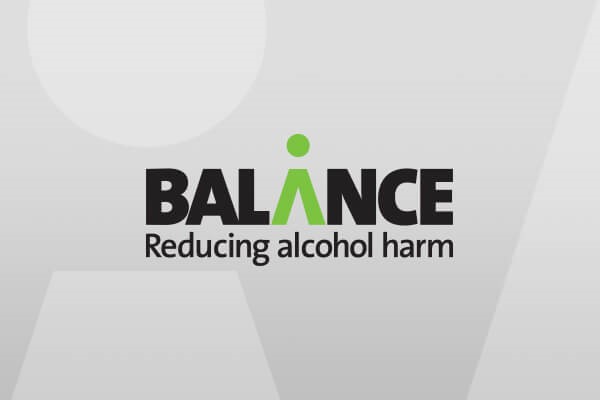Balance welcomes ban for ‘irresponsible’ alcohol promotion
The Advertising Standards Authority (ASA) ruled today (Wednesday 30th July) that a leaflet promoting a South Shield’s pub was irresponsible and in breach of advertising code.
The ASA complaint for the Trocaderos ‘Thursday Night Students Hijack’ poster, which was shared via Facebook, was upheld on the grounds that it used ‘offensive language, encouraged excessive drinking and linked alcohol with sexual activity’. The ad must not appear again in its current form.
Colin Shevills, Director of Balance, the North East Alcohol Office, said: “We welcome the ASA’s decision. However, it is disappointing that this type of alcohol marketing, which is extremely irresponsible and trivialises alcohol misuse, appears to warrant no consequences – barely a slap on the wrist. Clearly a system which relies on individuals making a complaint, and knowing the process of how to do this, is not sufficient.
“Exposure to alcohol marketing increases drinking amongst children and young people and more regulations are needed to protect them. This is particularly true on social media, which is currently under-controlled and has widespread use amongst this age group.
“What we need is regulation independent from the advertising and drinks industries, with sanctions that will deter companies from breaking the rules, particularly linking alcohol to social and sexual success. Countries such as France have implemented partial bans on alcohol advertising which places restrictions on where and how alcohol is promoted. We need similar actions here in the UK.”
South Tyneside’s Director of Public Health Amanda Healy also commented: “We are pleased that the ASA has upheld this complaint ruling that the pub’s promotional leaflet was irresponsible. The reality is that drinking to this extreme can have a huge impact on health in both the short and long term. It makes young people and adults, particularly women, vulnerable and more likely to engage in risk taking behaviour and to have an inability to, for example, give consent to having sex which puts them at risk of sexually transmitted infections and unintended pregnancy.”
